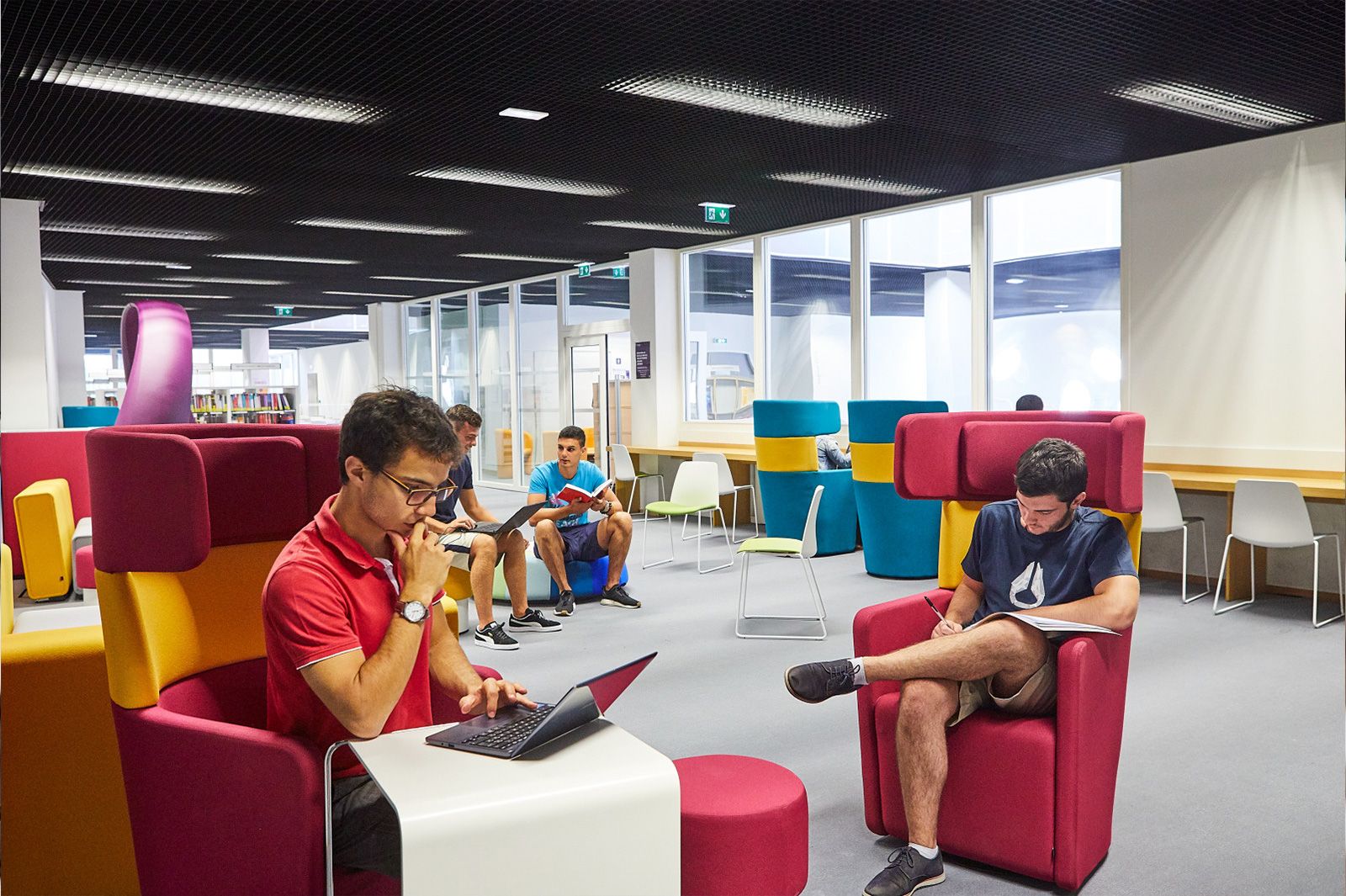
Documentation professions
The documentation field
The documentation professions at Aix-Marseille Université are essential to the management, organization, conservation and distribution of documentary resources. These jobs involve activities such as managing physical and digital collections, processing and making documents available, and assisting users with their research. Professionals in this field also contribute to the development of scientific and educational resources, facilitating access to information and supporting research and teaching activities.
Focus
The documentation professions at university
At a time when misinformation and fake news are taking on ever-greater importance, training students in information skills has never been so crucial: it's not only a key to their academic success, but also to the informed exercise of their citizenship. A librarian trainer designs and/or leads teaching sessions, often co-constructed with teachers, adapted to each student group (bachelor's, master's, doctorate) and discipline (literature and languages, law and political science, science, etc.). These sessions can be either face-to-face or distance learning, depending on the logistical, organizational and pedagogical arrangements made. They may also include self-training capsules that the audience consults asynchronously. The duration of these training sessions varies, as does their content, depending on the level and discipline concerned, in a "tailor-made" and "à la carte" approach. Learning how to search the library's shelves, IT tools and databases, as well as those freely available on the web, forms the basis of a training course. But writing a bibliography, knowing how to locate reliable and validated sources of information, combating misinformation and making publications and research data as widely accessible as possible are also part of what a training librarian passes on to his or her audiences throughout the year.
Libraries are wide-open, welcoming, comfortable places, where people come to consult or borrow books, magazines or other types of objects, to access computer equipment, make photocopies and prints, to work sometimes alone, sometimes in groups, to benefit from ergonomic, adapted spaces. But people also come to relax or simply to socialize. Whether it's to welcome, guide and inform the public, provide them with the services they need, or guarantee their comfort and safety by organizing or reorganizing public and internal spaces, library reception staff are indispensable. Trained in reception as well as storage and processing of documents before and after shelving, they establish privileged contacts with the public who visit the library on site, but increasingly their mediation action also takes place at a distance (remote question/answer service "Besoin d'aide").
At Aix-Marseille Université, there are seventeen university libraries spread across the cities of Aix and Marseille, as well as Avignon, Digne and Gap. Some are very large (8,000m²), others much smaller (150m²). Each library has a unit manager. As the main point of contact for the library's general management, the manager supervises the unit's staff (in larger libraries, there is a middle manager), organizes day-to-day work and schedules, and manages premises and budgets; ensures good relations on campus with other university departments and divisions, faculty, teachers and students; ensures that the library meets safety standards and the expectations of its users (organization of satisfaction surveys and service design initiatives involving users). At Aix Marseille University, networking is a major feature: the libraries maintain strong links with each other, propose joint actions and services, and are grouped together and coordinated by the general and transversal library department (Service commun de documentation, SCD). Working in a library means enjoying teamwork and belonging to a vast local - and sometimes even national - network!

You too can be part of the AMU adventure
The quality of life at work, the search for meaning and usefulness in one's job, the versatility of positions and the role of the university for the region... There are many reasons to join us. Now it's your turn to take part in this wonderful adventure and help change things!